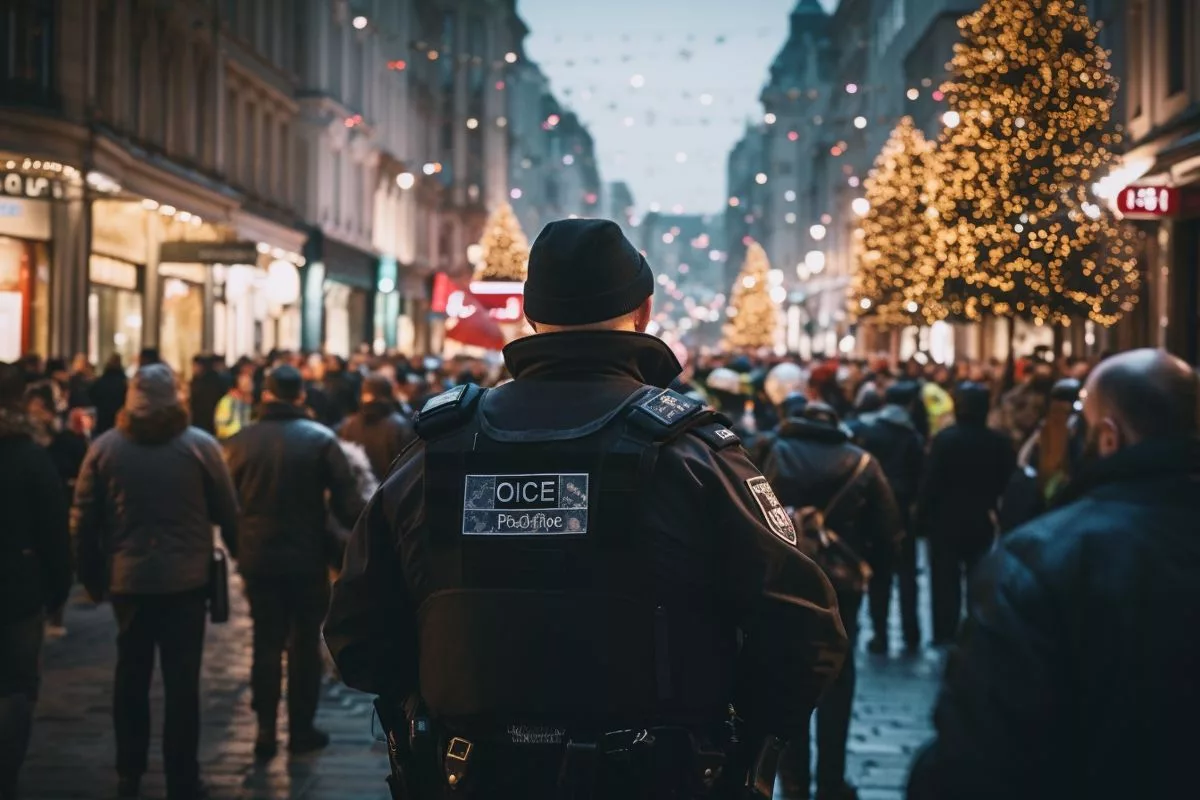The recent incident in South Africa involving a teenager and a prominent YouTuber who made racist comments sparked intense discourse on race, responsibility, and the impact of public influencers on shaping societal views. This occurrence highlights the complexities of addressing racism and the role public figures play in shaping narratives. It also emphasizes the power dynamics inherent in social media platforms and their ability to amplify voices while exposing societal disparities in reactions to different instances of racism. The incident underscores the role of social media in contemporary socio-political discourse and the need for open, nuanced conversations about racism and accountability.
The role of social media in contemporary socio-political discourse has become paramount. A recent incident in South Africa involving a teenager and a prominent YouTuber who uttered racial obscenities sparked an intense discourse on race, responsibility, and the impact of public influencers on shaping societal views. This occurrence highlights the complexities of addressing racism and the role public figures play in shaping narratives. It also emphasizes the power dynamics inherent in social media platforms and their ability to amplify voices while exposing societal disparities in reactions to different instances of racism.
In present-day society marked by digital advances, social media channels have evolved into essential communication mediums. Their influence extends well beyond personal communication, forming arenas for significant socio-political dialogues. A recent occurrence in South Africa, involving a teenager, a prominent YouTuber, and racial remarks, has sparked an intense discourse on race, responsibility, and the impact of public influencers on shaping societal views.
The Incident and the Outrage
This heated debate originated from a video featuring a young Caucasian South African teenager uttering racial obscenities against Sonwabile, a celebrated YouTuber. The online community did not delay in responding, with many South African influencers expressing their opinion on the matter, advocating for justice. Among these prominent personalities was Anele Mdoda, a media figure, who utilized her platform to spotlight this incident and demanded identification and retribution for the teenager’s behavior.
Paradoxically, this show of unity was met with criticism from David Scott, also known as The Kiffness, a singer, and songwriter. Scott criticized Mdoda for promoting a double standard. He argued that she was quick to censure the young teenager while simultaneously endorsing Julius Malema, a contentious personality notorious for his ‘Kill The Boer’ chant.
Tensions and Paradoxes
This event, along with the subsequent reaction, provides an insight into the intricate realities of race, power, and public perception in South Africa. It also highlights the inherent tension between the demand for responsibility and the necessity for a balanced and impartial approach in handling such situations.
Social media’s influence as a mechanism for social justice became evident when hundreds of EFF members marched to the teenager’s school in response to the video, further fueling the debate. Mdoda, the host of the 947 Breakfast Club, was among the influencers who utilized her online influence to ensure this incident got the attention it deserved. Nonetheless, her call to action was deemed hypocritical by The Kiffness, who pointed out the perceived inconsistency in her stance towards racial issues.
Scott’s criticism of Mdoda poses an intriguing paradox. While he recognizes the teenager’s racial insult as inappropriate, he also criticizes Mdoda’s supposed selective outrage. His tweet ignited further controversy, with netizens expressing mixed reactions. Some criticized Scott’s minimization of the teenager’s actions as merely “messing around,” while others agreed with his sentiment about the apparent double standards.
The Impact on Public Perception and Accountability
This occurrence is a stark reminder of the complexities of addressing racism and the significant role public figures have in setting the narrative. When influential personalities like Mdoda and Scott express their opinions, they inevitably shape their followers’ perceptions and responses, making the dialogue around such instances a critical consideration.
This case also prompts questions about the limits of free speech, the impact of social media on accountability, and the inherent power dynamics on these platforms. These dynamics can elevate voices that might otherwise be marginalized, but they can also reveal disparities in societal reactions to different instances of racism.
The Larger Picture
While discussions concerning this incident continue to rage online, it’s evident that it goes beyond just the individuals involved. It points to larger societal issues and the role of social media in addressing them. It emphasizes the need for open, nuanced discussions about racism and accountability and the onus on influential figures to lead these dialogues. In the end, it serves as a stark reminder of social media’s power in shaping discourse, for better or worse.
In conclusion, the incident in South Africa underscores how social media platforms have become arenas for socio-political discourse and a tool for social justice. However, it also highlights the complexities of addressing racism and the role public figures play in shaping and guiding the narrative. It’s a stark reminder of the power dynamics inherent in these platforms, which can amplify voices, but also expose societal disparities in reactions to different instances of racism.
The incident points to broader societal issues and the role of social media in addressing them, underscoring the need for open, nuanced conversations about racism and accountability, and the responsibility of influential figures in leading these discussions.
What incident sparked the recent discourse on race, responsibility, and the impact of public influencers on shaping societal views in South Africa?
A recent incident in South Africa involving a teenager and a prominent YouTuber who made racist comments sparked intense discourse on race, responsibility, and the impact of public influencers on shaping societal views.
Who were the prominent figures involved in the online discourse?
Among the prominent figures involved in the online discourse were South African media personality Anele Mdoda and singer/songwriter David Scott, also known as The Kiffness.
What was the paradox highlighted in the discourse?
The paradox highlighted in the discourse was the tension between the demand for responsibility and the necessity for a balanced and impartial approach in handling such situations, as well as the perceived double standards in how different instances of racism were being addressed.
What questions did this incident prompt about social media?
This incident prompted questions about the limits of free speech, the impact of social media on accountability, and the inherent power dynamics on these platforms.
What is the larger societal issue highlighted by this incident?
This incident points to larger societal issues related to racism and the role of social media in addressing them. It emphasizes the need for open, nuanced conversations about racism and accountability and the responsibility of influential figures in leading these discussions.
What is the takeaway from this incident regarding the role of social media in shaping discourse?
This incident serves as a stark reminder of social media’s power in shaping discourse, for better or worse, and the need for open, nuanced conversations about important societal issues.








